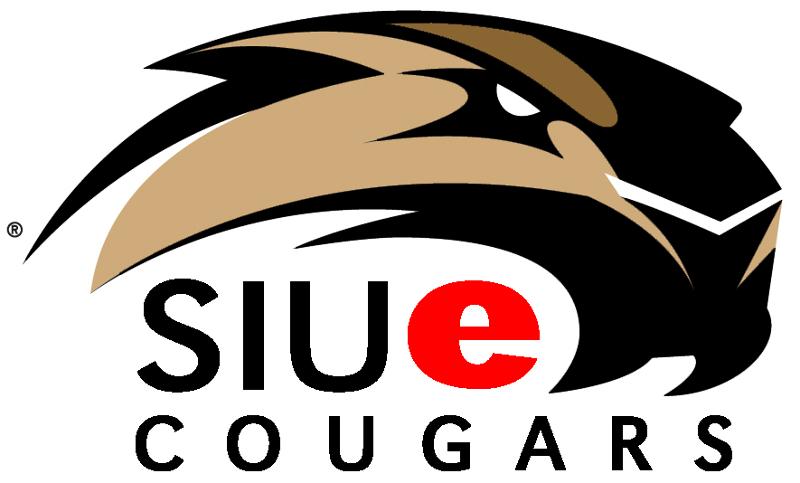Definition of Plagiarism

Southern Illinois University defines plagiarism as:
"…presenting another existing work, original ideas, or creative expressions as one's own without proper attribution. Any ideas or materials taken from another source, including one's own work, must be fully acknowledged unless the information is common knowledge. What is considered "common knowledge" may differ from subject to subject. To avoid plagiarizing, one must not adopt or reproduce material from existing work without acknowledging the original source. Existing work includes but is not limited to ideas, opinions, theories, formulas, graphics, and pictures. Examples of plagiarism, subject to interpretation, include but are not limited to directly quoting another's actual words, whether oral or written; using another's ideas, opinions, or theories; paraphrasing the words, ideas, opinions, or theories of others, whether oral or written; borrowing facts, statistics, or illustrative material; and offering materials assembled or collected by others in the form of projects or collections without acknowledgement" (Southern Illinois University Board of Trustees 2012; Southern Illinois University Edwardsville 2012a, 2012b).
